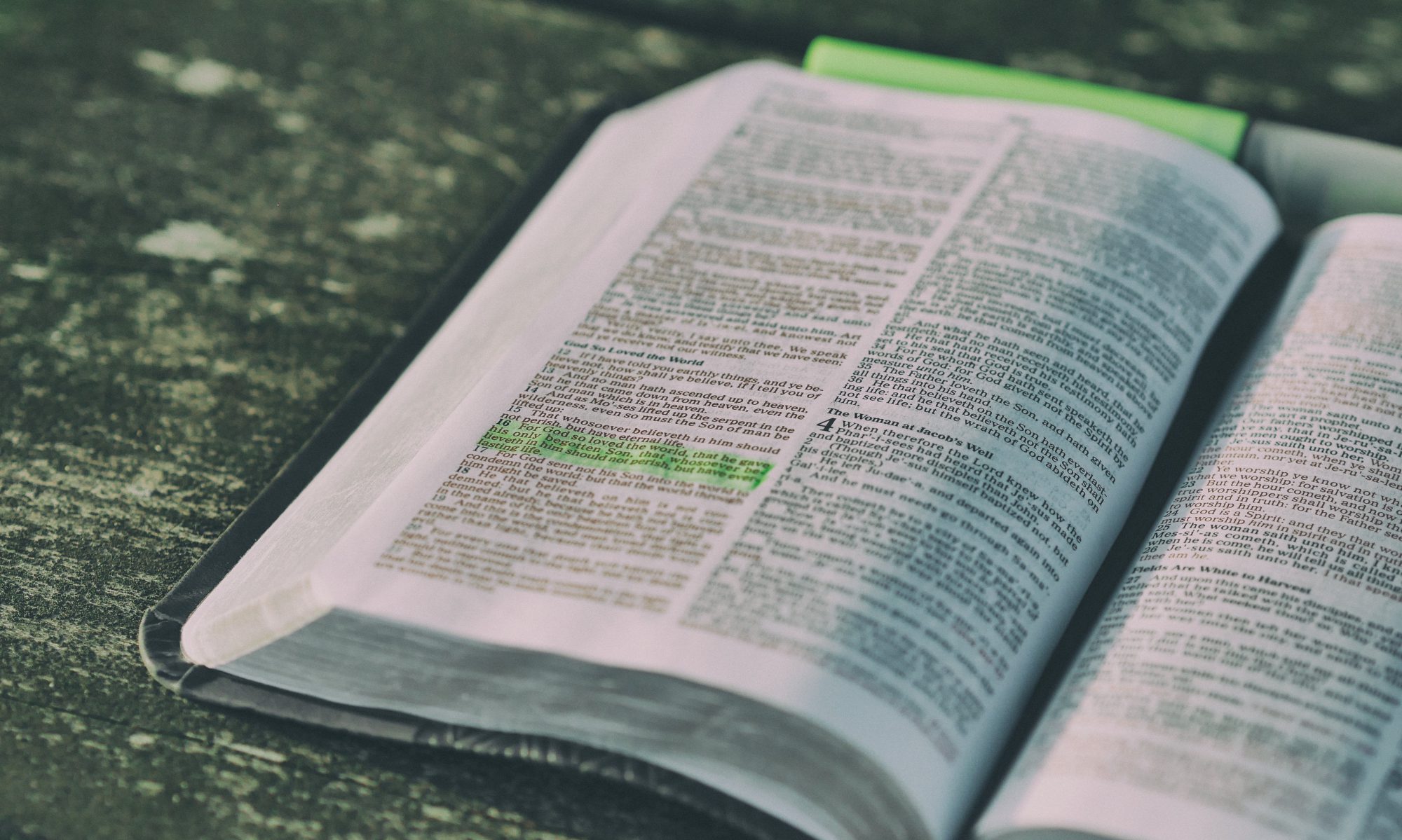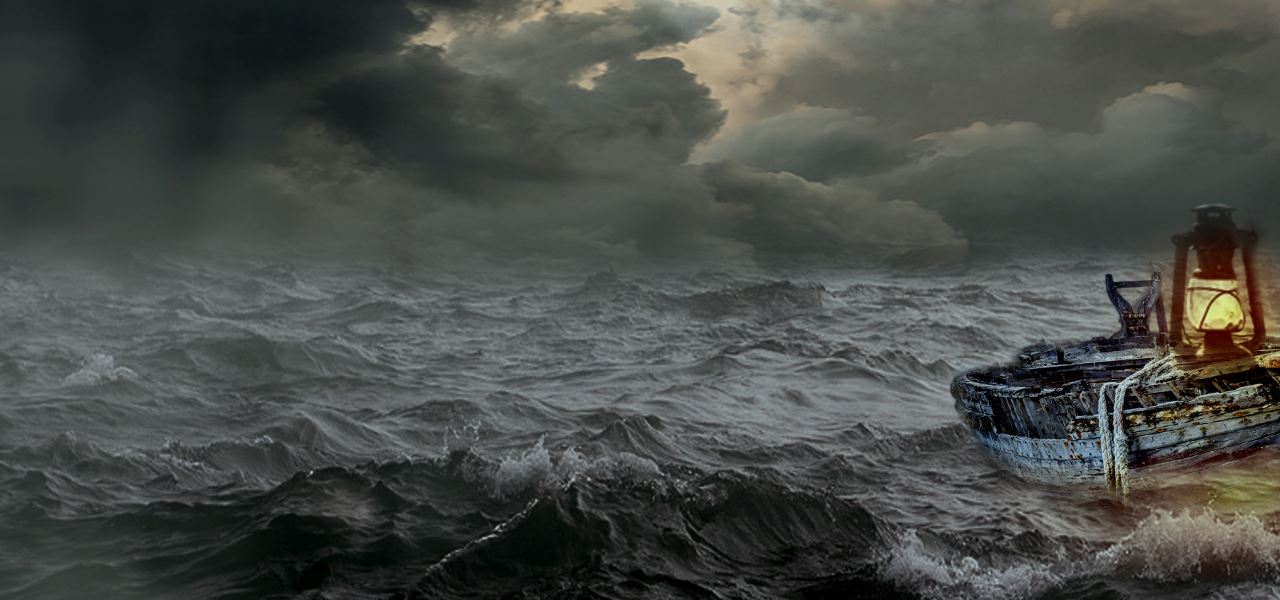Six months before Jesus was born, another baby boy was born. John was a cousin of Jesus. He was a miracle baby, born to Elizabeth, who was old and barren.
In my version of how things might have happened, I imagine that Jesus and John played together as children. Maybe they saw each other all the time, or maybe they only saw each other at the festivals and holidays, but I believe they were friends growing up.
Fast forward to Matthew 14, and Herod, the ruler of Galilee, had John the Baptist beheaded because of a vow he made at a party. Even though he regretted it and knew it was wrong, he was more concerned about what the others at the party would think if he didn’t. (That’s a topic for another day.)
This week I found myself trying to imagine how Jesus might have reacted when John’s disciples told Him. Yes, He was God, but Jesus was also human.
Did He flashback to the times when they were children? We know that Jesus was already very wise as a child (Luke 2:47), and we know that John was filled with the Holy Spirit even before he was born (Luke 1:15). Did they talk about their callings as kids? Had Jesus been with John for Passover when He was 12 years old? Did He tell John that He planned to stay behind in Jerusalem at the temple while Mary and Joseph started the journey back home? Did they talk about how they would point others toward God? Did they know at that time that they would both give their lives in service to the will of God?
Did He flashback to Matthew 11, perhaps just a few days earlier, when John was in prison and sent his disciples to ask Jesus, “Are you really the Messiah?” Was His message to John that “God blesses those who do not fall away because of me” a reminder to John about a future John already knew, about a sacrifice he had already decided to make? Was John asking, “I am willing to die for the Messiah—just remind me one more time that that is why I’m here”? Was Jesus’ answer more of a “yes, you’ve got this” than a “ye of little faith”?
Does that change the story at all for you? I’m trying to put myself in their shoes and imagine what I might be thinking or feeling. Maybe my imagination is way off, but realizing that Jesus was a man like me puts a different light on this story for me personally.
Whatever Jesus and John knew of their futures when they were children, and whatever they knew of their callings and sacrifices as adults, one thing is certain to me, and that is that Jesus loved John. Even though He was God, and surely already knew of John’s death, He was also a man, and He surely felt great sorrow at the news.
He needed to grieve. He wanted to be alone.
As soon as Jesus heard the news, he left in a boat to a remote area to be alone. But the crowds heard where he was headed and followed on foot from many towns.
Jesus saw the huge crowd as he stepped from the boat, and he had compassion on them and healed their sick.
But He couldn’t.
In this new light, it’s easy for me to read this chapter and feel a little angry at the crowds. The man’s cousin—his friend—was just wrongfully executed. Give Him some space!
That’s one of the many differences between myself and Jesus, though. Instead of being angry, He had compassion. He healed them. It’s also the very same evening that he fed the five thousand with five loaves and two fish.
It’s as if He was flashing back in time to when He was 12 years old in the temple, telling Mary “I must be about my Father’s business.” Maybe He healed the sick and fed the hungry in honor of John? Maybe His mind was full of memories from that Passover two decades earlier? The salvation of the world rested on Jesus completing His mission, and His forebearer, John, had just completed his own mission.
Obviously, I don’t know. I haven’t read this stuff anywhere in the Scriptures. But more than most of the other stories I’ve read in the Bible about Jesus, this one allows me to imagine what the Son of Man might have been thinking. It helps me feel what He could have been feeling.
Finally, after everyone had eaten, and they had cleaned up, Jesus sent the crowds home. The disciples started sailing back across the sea, and He finally had some time alone to grieve and to pray.
Possibly the coolest part of this whole story is what happened next. A storm came in while Jesus was praying. His closest friends were struggling at sea. They were scared and in danger. Refreshed and empowered by His time in prayer, Jesus came to help His friends.
He walked on water and He calmed their storm.
I’d always thought of the Jesus’ childhood, the death of John, the feeding of the crowds and walking on water as separate stories. Each can definitely stand on its own, but when I look at all of them together, I start to learn a new lesson.
There will be times that I need to take care of myself. Something may be too massive, too urgent or too painful to ignore. But I cannot forget my calling, even in these times. I cannot use my own hurt as an excuse to abandon compassion or ignore my mission. I will have the chance to grieve, to heal and to pray, even if it happens differently than I wanted. But maybe my willingness to serve through pain, or to temporarily set my own needs aside to help someone else, will lead to me doing something even greater—to my own version of walking on water.
But first, I have to feed my 5000.

